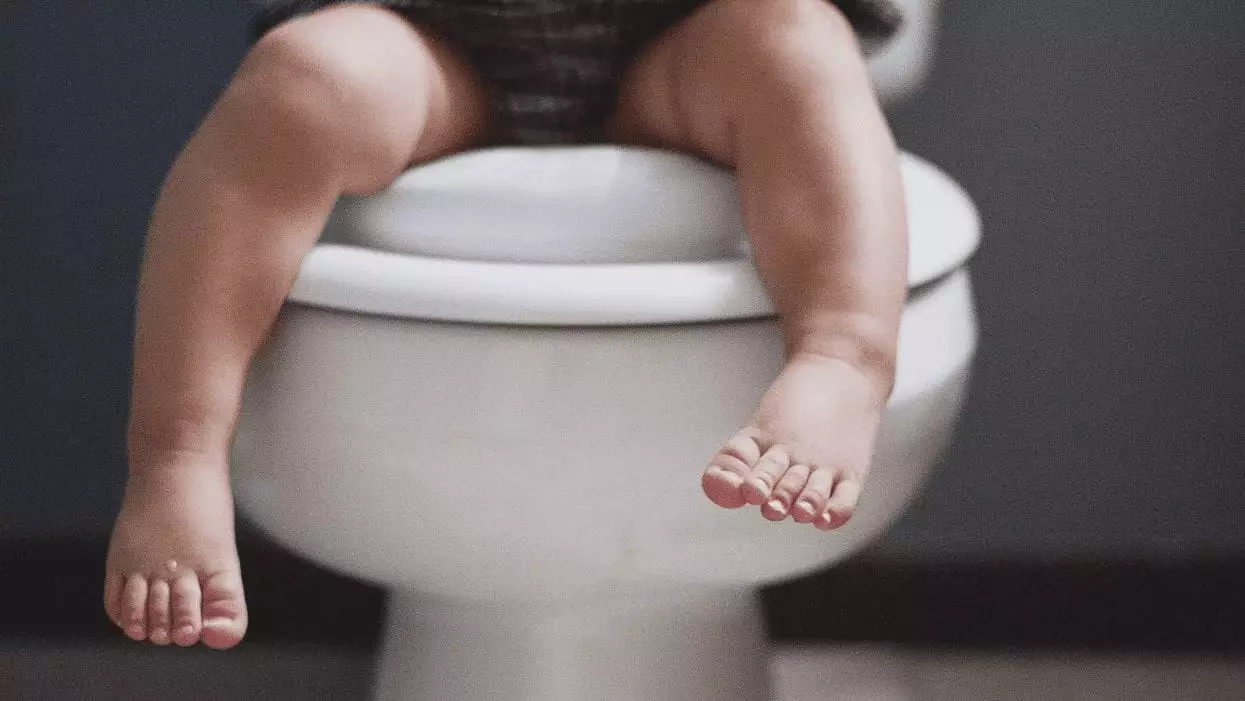Deciding to embark on the journey of potty training your child represents a significant milestone in their development, one that can instill a sense of pride and accomplishment in both the parent and the toddler. Potty training is not just about getting rid of diapers; it is a rite of passage that symbolizes independence for your child and a move towards self-sufficiency. However, this transition can also come with its fair share of challenges, pressures, and misconceptions that parents must navigate.
A fellow parent once shared their experience, highlighting their initial hopes and expectations around potty training. With that story in mind, it becomes evident that every child is unique, and what works for one may not necessarily work for another. The early stages can feel like a roller coaster, with moments of triumph and setbacks that can test both patience and resolve.
Recognizing Individual Readiness
A crucial element in the potty training process is understanding that each child develops at their pace. It is natural to feel the societal pressure to have your child toilet trained by a certain age, especially as they approach preschool. However, experts like Dr. Laura Markham advocate for a more relaxed approach. Rather than pushing the issue, it can be beneficial to wait for a moment when you and your child can interact without distractions and potential stressors.
There’s a tendency among parents to monitor and compare their child’s progress with peers. This can be counterproductive, leading to unnecessary anxiety. Some toddlers might catch on quickly, while others may take their time. Acknowledging this individuality can offer peace of mind and allow for a more productive potty training experience.
Potty training should be a supportive and empowering phase for a child. It’s essential not to impose undue pressure, as doing so can create anxiety and resistance. Instead of framing it as an obligation, incorporating a sense of fun can help. Investing in fun undergarments featuring beloved characters or celebrating small victories with commendation can foster enthusiasm.
When a child is made to feel like they are in control of their potty training journey, their confidence soars, making them more likely to embrace the experience. This positive reinforcement can be far more effective than any punitive measures, which can breed fear or regressive behavior.
As a parent, it can be easy to come to the conclusion that once your child is potty trained, the issue is resolved entirely. However, some parents discover that they face unexpected challenges even after the initial success. For instance, it is common for children to experience night-time bedwetting after being daytime potty trained. This can be frustrating and disheartening; yet, it is vital to recognize that such occurrences do not define your parenting abilities.
Learning that regression is a part of the learning process can ease some of the pressures associated with this transition. When faced with setbacks, approach the situation with empathy and understanding rather than blame or frustration. Children are continuously learning and developing, and minor setbacks will occur along the way.
Reflecting on the entire potty training experience, there are invaluable lessons to be learned. The first is the importance of accepting that every child is unique. One child may thrive in various environments, while another may need a more individualized approach to learning. This understanding fosters patience, awareness, and compassion in both the parents’ journey and the child’s experience.
Secondly, the adjustment from diapers to underwear is not merely a physical change but an emotional one. It is essential to appreciate the confusion toddlers may experience in transitioning to new garments, which sometimes leads to whimsical reactions or setbacks. Emphasizing readiness, stripped of societal expectations, leads to progress.
Ultimately, the pathway of potty training isn’t purely about achieving a goal but about nurturing a growing individual. Each moment spent discussing, encouraging, and celebrating your child’s progress is a moment spent building confidence and autonomy.
By focusing not solely on the ultimate goal but on the process itself, parents can create an encouraging atmosphere that emphasizes personal growth rather than societal timelines. Potty training will always be a journey filled with unique challenges and joys; embracing that journey makes all the difference.

